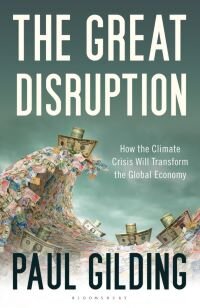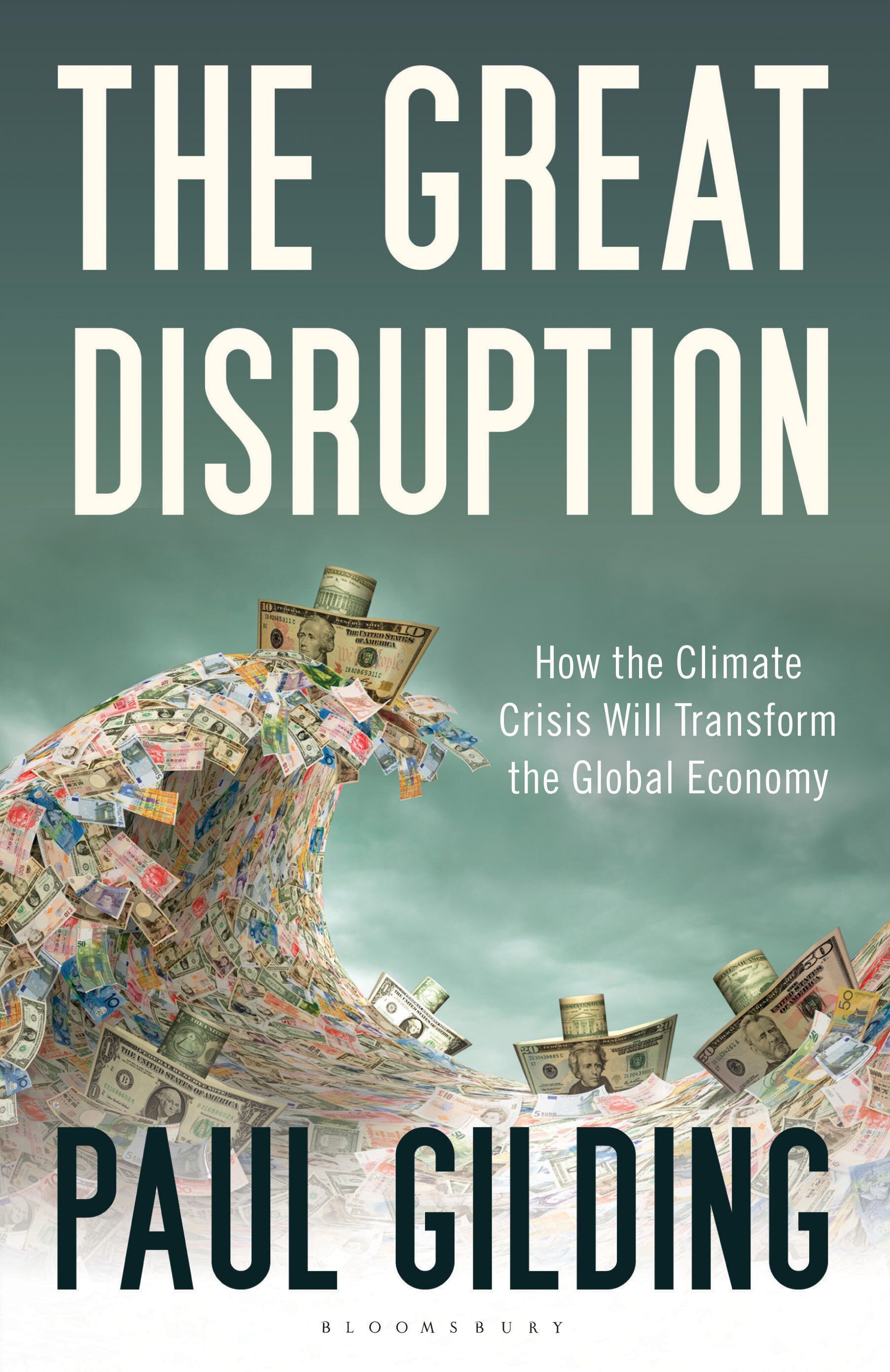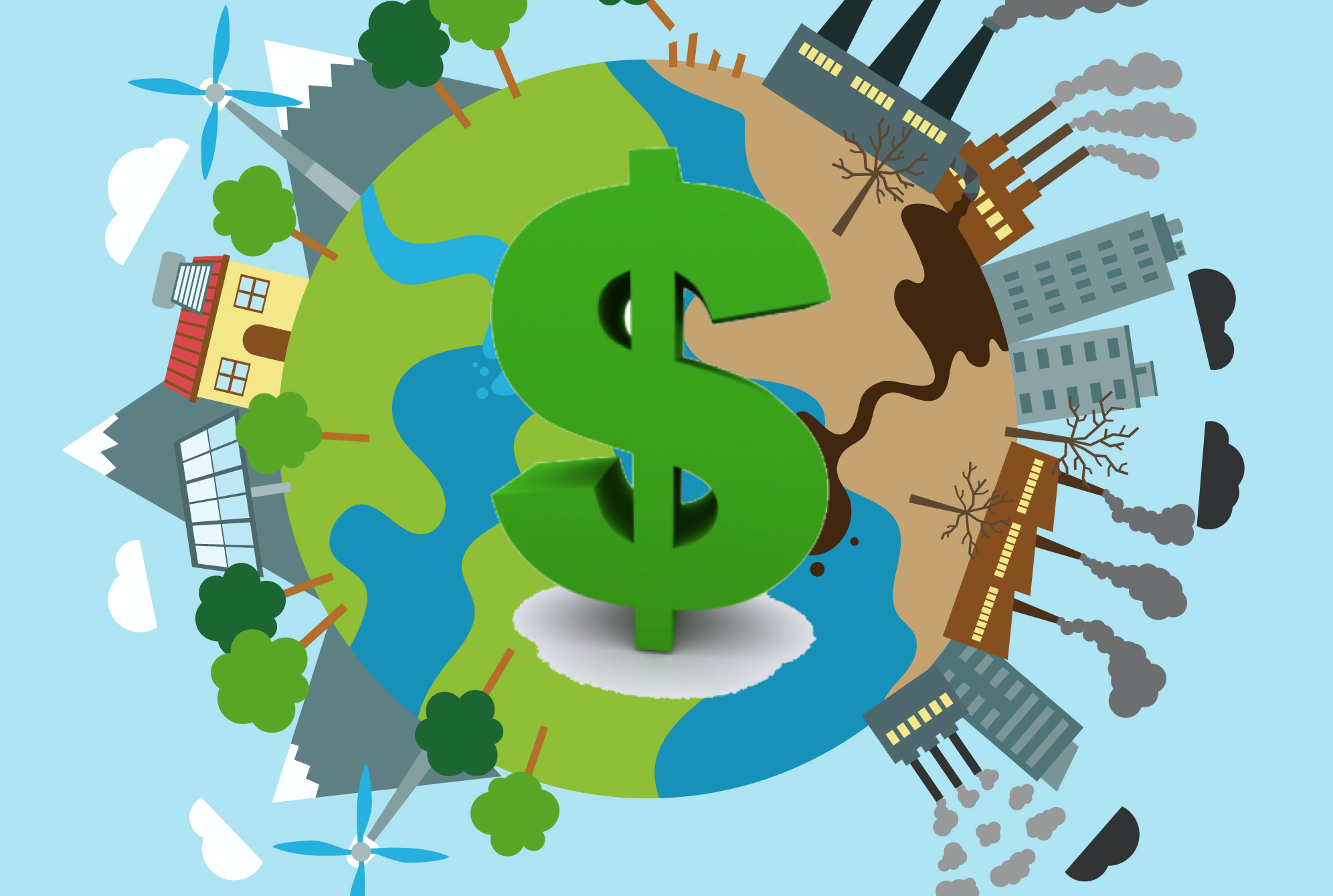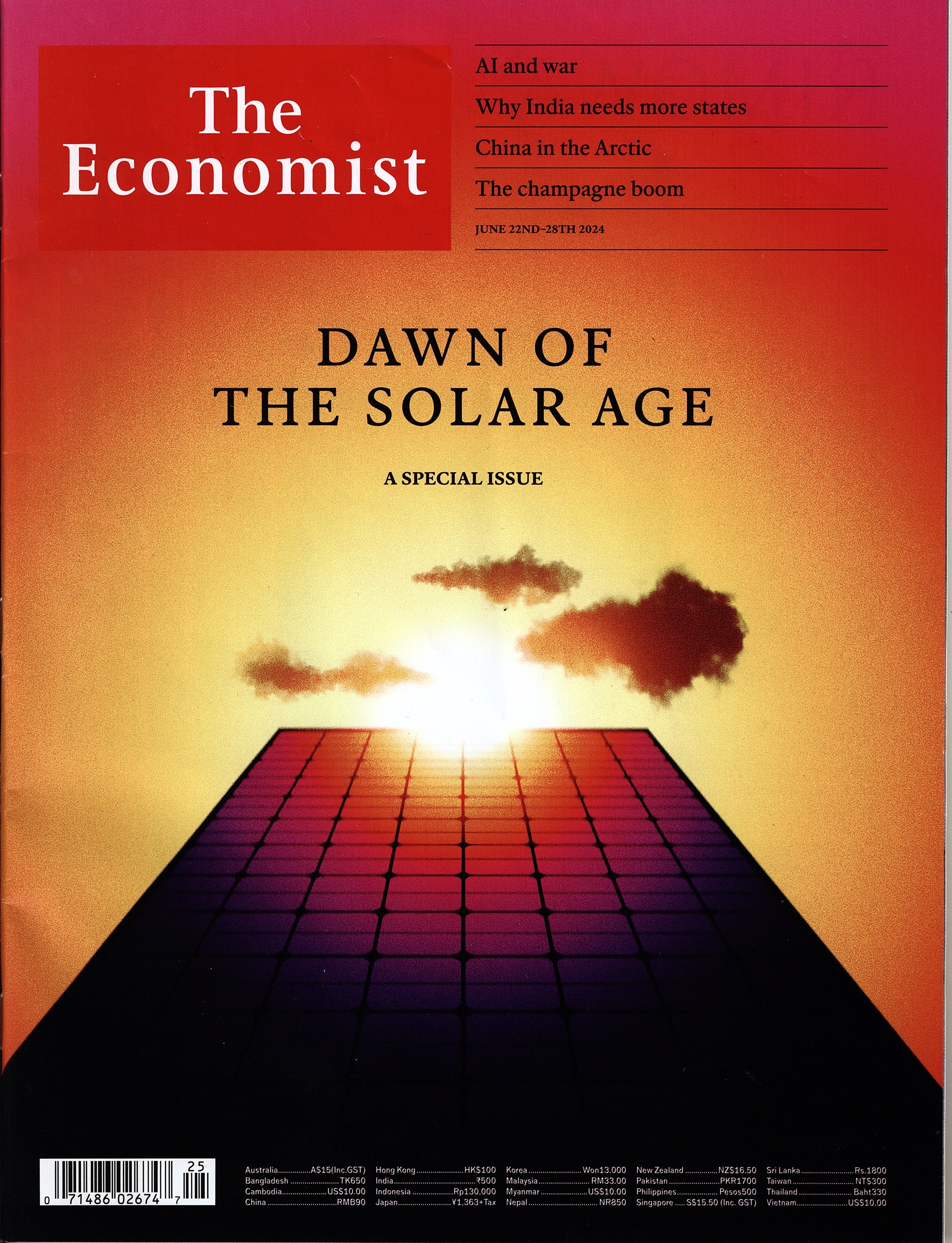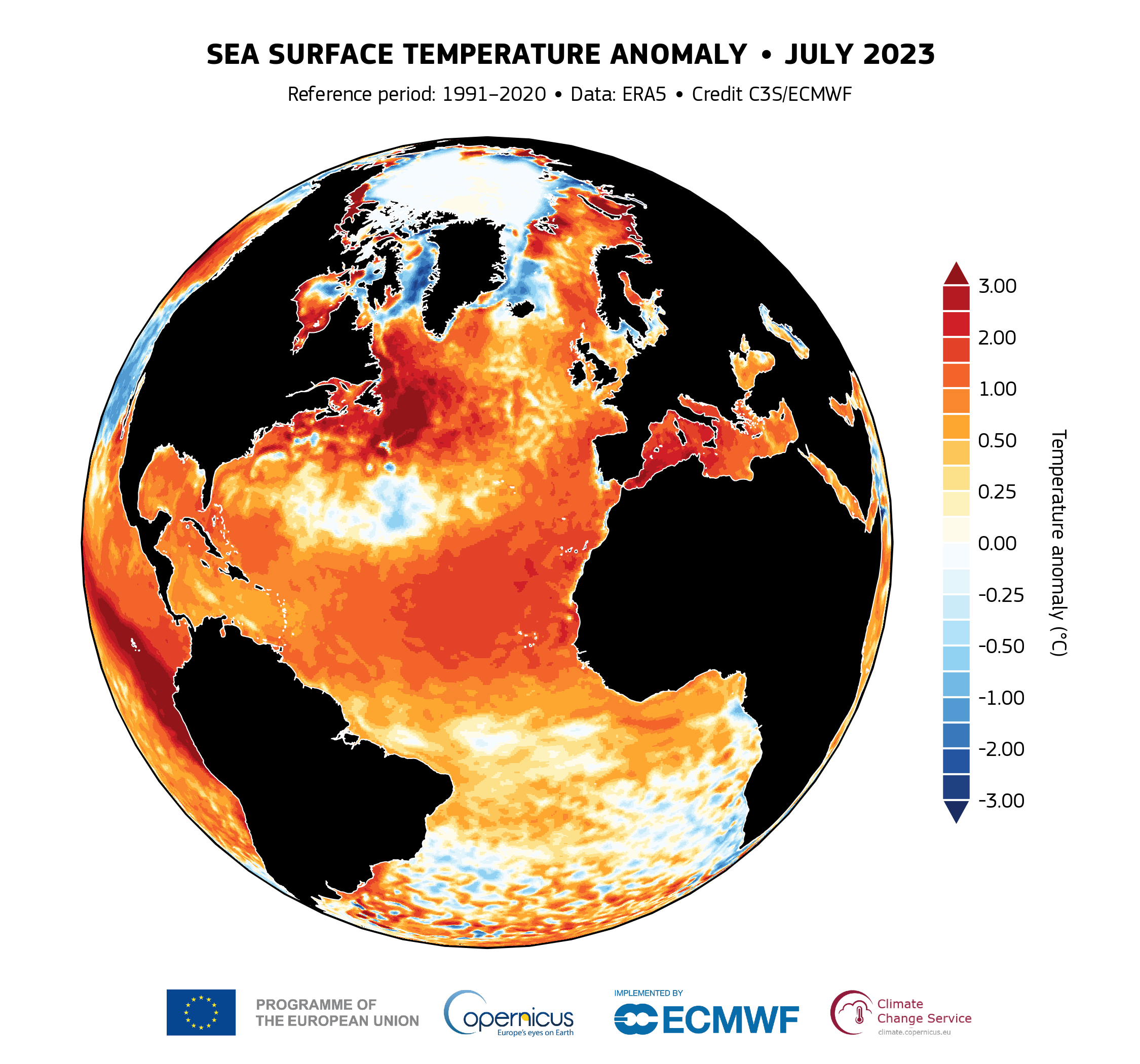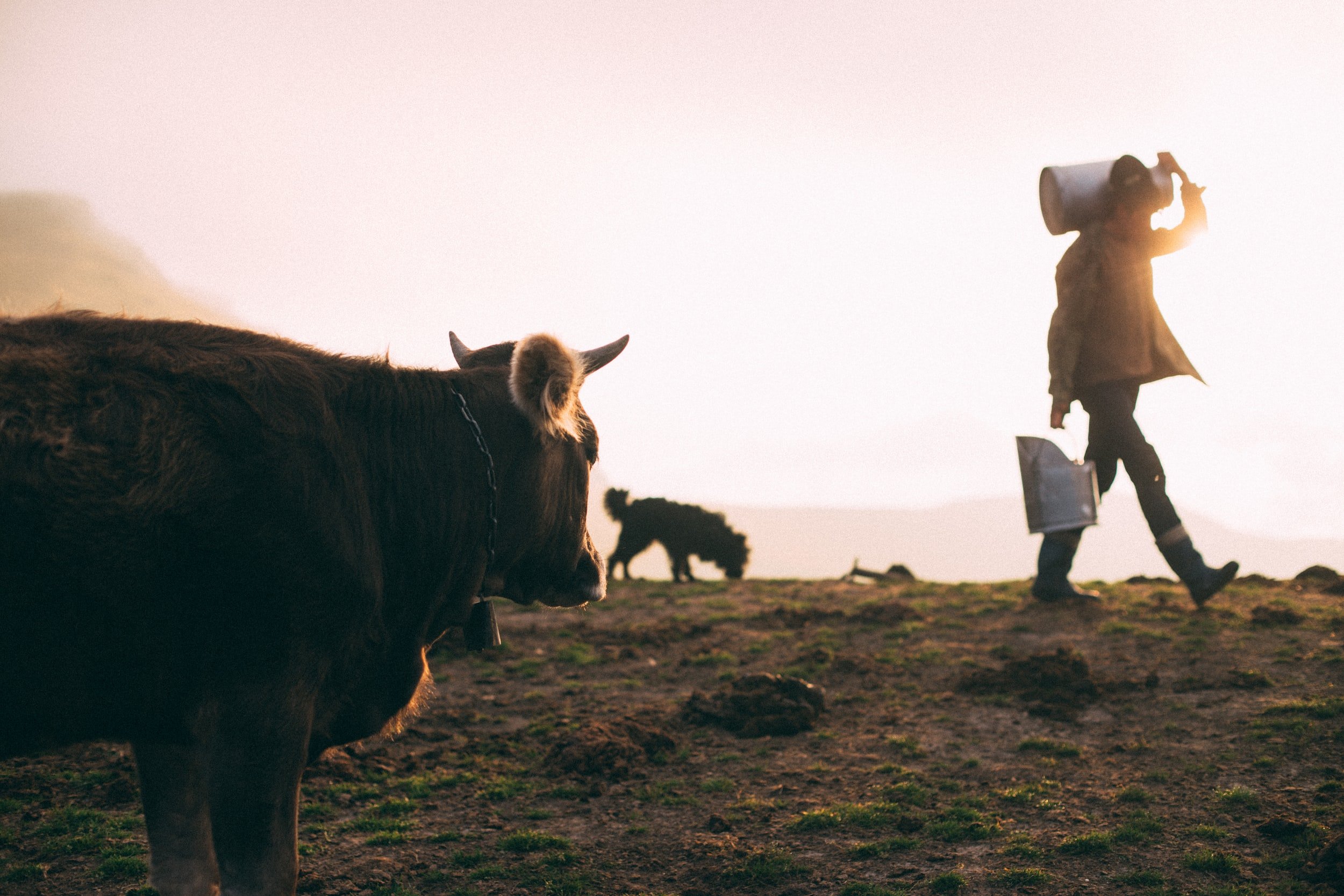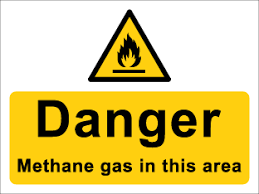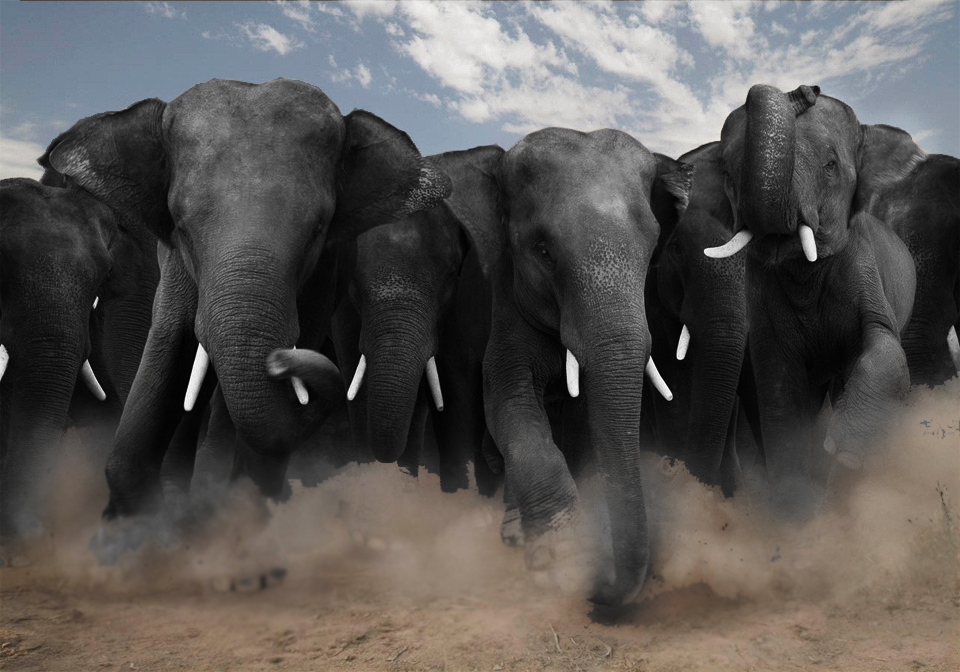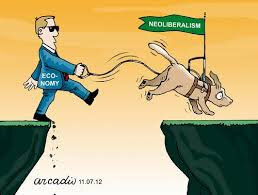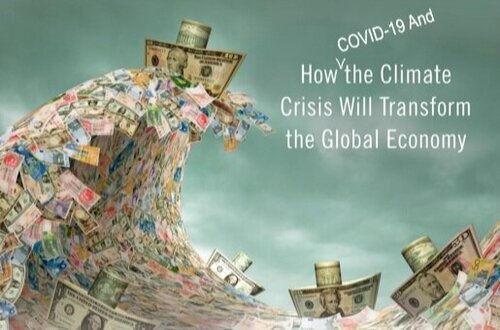
“The four words that will define this century: ‘The Earth is full’.”
| Paul Gilding 2012

Why I Write
I’ve always liked writing. I’m a very intuitive person and writing helps me to articulate that intuition into a form that’s useful for others. My wife Michelle says it more simply - that writing is how I work out what I think!
In that context, the process really is as important as the result. And, as a person who has spent his life trying to articulate ideas that will persuade people to think and act differently, writing is of course a very important tool.
Being ‘a writer’ also has a seriously romantic feel to it - even in today’s fast moving, short form and visual communications focused world. As I say elsewhere on this site, when I have to think of ‘what I am’ , for example when filling out an immigration form and need one word, I often conclude ‘activist’. But that seems like a risky thing to say when approaching an immigration officer, so what I normally put on the actual form is ‘writer’. It’s a good example because that then often triggers a conversation, “oh, what do you write about?”. Depending on my jet lag and mood and willingness to engage - and the country I’m entering - I usually respond along the lines of “environmental issues and their impact on business” (that cuts the conversation short!) or “sustainability issues like climate change and inequality and what they mean for the future of the economy and humanity” - that usually gets them to engage.
Being ‘a writer’ also gives you freedom. Freedom to think and ponder all manner of issues and their complex interrelationships. Given my mind tends to ‘think in systems’, this is very handy as it leaves me unrestricted by any particular discipline, topic or expectation. So if I want to ponder the science of climate change and then wander across into what it means for the human pursuit of happiness and the desire to lead a satisfying life, then I can.
In this context, by far my proudest writing achievement was my book The Great Disruption. A book is the perfect combination of the romantic idea of being a writer with the long form writing that allows you to really range across the system. So with a book, I could really write about climate change science and the human pursuit of happiness, then divert into the role of consumerism in both those topics and why it meant the economic system was both unstable and ineffective, then shift to inequality and its implications for geopolitics. With a book I can then link all that together to show how it interconnects. All intervened with personal stories to connect with the reader and help them feel the passion behind the words. The freedom of the writer.
But of course most people don’t read books anymore, they read Twitter and at best articles of several hundred words. So I write a blog, the Cockatoo Chronicles that lets me range across these issues and update them as things develop. And I can provoke thinking and challenge people’s interpretation of what’s happening around them. But of course, blogs lack a certain credibility in establishing evidence based ideas, so to deal with that I also write academic style papers that get published in academic journals or by academic institutions. That also forces me to really provide the evidence and make a solid case. Even though I know most people won’t read that type of paper, it’s a very healthy process through which I also challenge my own thinking.
And sometimes I say something on twitter. But then I get irritated with the ridiculous nature of that writing form. I certainly don’t feel any romanticism about it.
“Oh you’re a writer? What do you write?” Oh a couple of sentences each day on Twitter.
Stamp. Next please.
Book
The Great Disruption
I wrote The Great Disruption in 2010. The book tells a story, our story - one that starts in the past, passes through the present, and extends into the future. The past is the story of warnings issued and decisions made. The present is the story of today and the consequences of failing to heed those warnings. But rather than a platform for issuing blame and recriminations, it presents our situation as the foundation for our future story, a story of great challenges but also of great possibilities.
I argue that to realise these future opportunities, we must first stop thinking about the climate emergency, ecosystem collapse, water scarcity and inequality as future threats and instead, fully and honestly face the truth and brace for impact. It’s ten years since I wrote it, and the evidence of those impacts is now all around us. I also argue that we needed to see these these threats for what they are - ‘symptoms’ rather than the actual problem. The problem is a world economy based on the delusion of infinite economic growth, consumption and waste, where we live beyond the means of our planet’s ecosystems and resources. I describe how the coming decades will bring with it loss, suffering and conflict as we face the consequences of all this. But that facing these can also bring about the best humanity can offer: compassion, innovation, resilience and adaptability.
The global COVID-19 crisis has highlighted the fragility of the world economy and for many, brought into question how we currently de-prioritise our ecosystems, resources and people. However it has also showcased how, when faced with a crisis, humans have the capacity to be masters of compassion, innovation, resilience and adaptability.
Although written over a decade ago , the key messages in the book are more relevant than they have ever been. The future remains a world of incredible opportunity.
Read more about The Great Disruption
Blog
The Cockatoo Chronicles
The Cockatoo Chronicles is my platform for sharing my thoughts in a flexible format that allows me to range across a wide variety of topics and ideas. I write as the mood takes me. This goes against how social media is supposed to be delivered, but it works for me and allows flexibility based on my capacity and more importantly, having something new to say. It also enables me to range across the very complex and interconnected system that we have to shift into action. Sometimes I may write about business and investment strategy, then next about developments in activism like Extinction Rebellion, then about how Trump’s election would trigger a more powerful progressive political force in the USA. I enjoy the writing and given I have thousands of subscribers I guess it must be useful for others as well.
Read the Cockatoo Chronicles | Subscribe to the Cockatoo Chronicles
Key Writing
Over the past 30 years, I have been lucky enough to have my thoughts and ideas published in a variety of influential outlets. Getting my ideas out there is intended to provoke thought, analysis and action on the collapse of the natural systems which we are now witnessing, and highlight the social and economic implications. While I have had varying success in generating the level of awareness and action I intended, at least they have proved an excellent vehicle for capturing my worldview at the time, and how this has evolved. A collection of what I think are the more interesting and important examples are outlined below.
Survival of the Fittest: From ESG to Competetaive Sustainability
In this 2024 CISL discussion paper, co-authored with Lindsay Hooper, we revisit the fundamentals of business and sustainability. Despite decades of corporate commitments, reporting and innovation, these actions are failing to register in planetary terms, as the climate and biodiversity crises continue to deepen. We argue that it is time to recognise that the market has failed to deliver at the pace and scale required, and that without much deeper structural change, market forces will fail to ‘bend the curve’ and protect the social and environmental foundations on which society and businesses depend, and, examine the interventions and strategies needed from business leaders and policy makers to avoid a truly existential crisis and achieve long-term prosperity and resilience
Methane, Markets and Food
This 2022 CISL working paper, written with Dr Pablo Salas and Emily Cracknell explores how achieving rapid methane reduction within the next ten years (which is the timeframe the science tells us is required to reduce warming rates and the threat of irreversible tipping points), may also bring about rapid change in our food systems. Mitigation measures will be required across all methane intensive sectors – Fossil energy, waste and food and agriculture, to hedge against rapid emission reduction failure in any one sector. The result, may see unprecedented disruption to the food and agricultural industries with a battle between new disruptive technologies and adaptive incumbents for the multi-trillion-dollar market opportunity.
Climate Contagion: 2020-2025
This 2020 paper examines the factors shifting market sentiment as climate impacts increase and fossil based energy declines in the face of cheaper, more sustainable alternatives. It argues that somewhere in the next 5 years there is an economic tipping point lurking. That when it hits a new contagion will sweep through the finance system and the global market will flip - from fear of acting too early, to fear of being left behind as everyone races for the exits. Everything is ready, most people know it’s coming. Yet few are really prepared. Climate Contagion warned that investors and economies reliant on fossil fuels are facing a crash and that the winners will be the disruptors building the new energy and transport system.
Why I Welcome a Climate Emergency
This 2019 opinion piece published in the world’s leading academic science journal, Nature, examines why I think the climate emergency and the devastation that comes with it, while confronting and terrifying, could finally trigger awareness and action at the scale and speed required to avoid the worst impacts of climate change.
Climate Emergency Defined
In response to the growing number of climate emergency declarations globally, I kept hearing the question ‘what actually is a climate emergency and does the evidence justifies one?’. This highly referenced 2019 report, answers these questions and analyses the evidence about the scale, timing and urgency of the risks posed by climate change to demonstrate that an emergency response is both necessary and feasible and in fact the only rational response to the threat we face.
War: What Is It Good For?
This 2016 paper reflects on the scale and speed of the economic mobilisation of WWII and considers what we can draw on from the wartime experience to inform a sound response to the climate emergency. The scientific and economic evidence of the risks posed by our changing climate demands nothing less than an emergency speed transition. But it also might be an approach that could quite reasonably be seen as a mobilisation to save the economy.
Quantifying the implicit climate subsidy received by leading fossil fuel companies
Written in 2015 with climate change economics and policy expert Chris Hope with research by Jimena Alvarez, this working paper was published by Cambridge Judge Business School. The paper examines the risk to fossil fuel companies from failing to account for implicit subsidies (damage caused to society from their products), in financial models and forecasts. Quantification of this exposure is vital for investors seeking to manage their exposure to climate change risk, and for policymakers interested in fossil fuel companies’ net contribution to society.
The Mother of All Conflicts
Published in 2012 in the influential Brown Journal of World Affairs, this paper exposes how amidst the quagmire of uncertainty, political posturing, and competing national interests prevalent in discussions on climate action, behind the scenes professionals within the military and the security establishment are objectively analysing climate risks and threats, and rapidly sharpening their focus. They recognize that climate change—along with other ecological and resource constraints—could be the defining threat to global stability in the twenty-first century.
Carbon Induced Financial Disruption - The Investment Risk In Fossil Fuels
This paper was written in 2010 with financial risk expert Phil Preston and considers the global financial impacts and investment risks associated with kind of sentiment shift likely when The Great Disruption takes hold.
The One Degree War Plan
Written in 2010, together with Jorgen Randers, one of the authors of the seminal 1972 publication The Club of Rome’s Limits to Growth, The One Degree War Plan is Jorgen and my outline of what a rational response to the threat posed by climate change would look like. The objective of the paper was to encourage climate advocates to face the reality that we had - even in 2010 - left it too late for anything other than a full scale war like mobilisation if we were to stabilise the global climate. While this was very controversial at the time, it has since become largely accepted amongst experts as having been correct.
Sustainability and the Global Financial Crisis
Published in WME Magazine in 2009, amidst the aftermath of the Global Financial Crisis, this article outlined the argument at the time for why “Anyone who argues the global financial crisis will sideline sustainability fails to understand that the world’s scientists are now observing, rather than forecasting, a global ecosystem crisis with enormous direct economic and social impacts. The change ahead will be driven by the physics and biology of the ecosystem rather than the good intentions of our leaders.”
Scream Crash Boom
In 2005 I wrote Scream Crash Boom to mark the 10th anniversary of my first company Ecos Corporation. This is the original outline of my thesis that we would have to be facing system wide ecological and subsequently economic collapse, before responding with a dramatic economic transformation. This transformation would bring with it a ‘boom’ - a boom that would transform our energy, transport, food, waste, housing and infrastructure - a boom that will reward innovators and disruptors and condemn incumbents like the fossil fuel industry. Fifteen years on I am more confident than ever in my thesis. While the ‘crash’ is evident across the globe - there is equal evidence of the ‘boom’.
Green@Work
From 2002 to 2005 I wrote several articles for the Green@Work magazine exploring the challenge and opportunity in incorporating sustainability into corporate strategy, global and political shifts in climate change debates and whether fossil fuel companies could successfully adopt a sustainability agenda. Much of the content was born from the Single Bottom Line Sustainability Paper I had written in 2002, focusing primarily on implementing sustainability as part of the core business strategy. Looking back, it is both affirming and tragic that many of these issues are as relevant today, as they were over 20 years ago.
Single Bottom Line Sustainability
Written in 2002 with Ecos colleagues Murray Hogarth and Don Reed, the Single Bottom Line Sustainability discussion paper argued for a shift in how sustainability was integrated into business. The paper demonstrated that for sustainability to move from the margins into mainstream business strategy, a central focus on ‘value creation’ was more effective way of creating action on sustainability than a primary focus on the ‘moral imperative. It caused quite a stir in the corporate sustainability community around the world because we argued that companies should take only those actions in sustainability that delivered definable financial benefit to the company.

